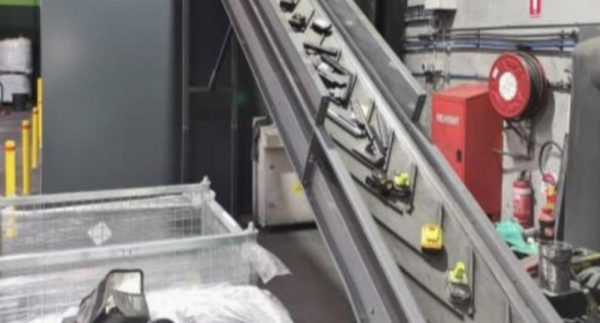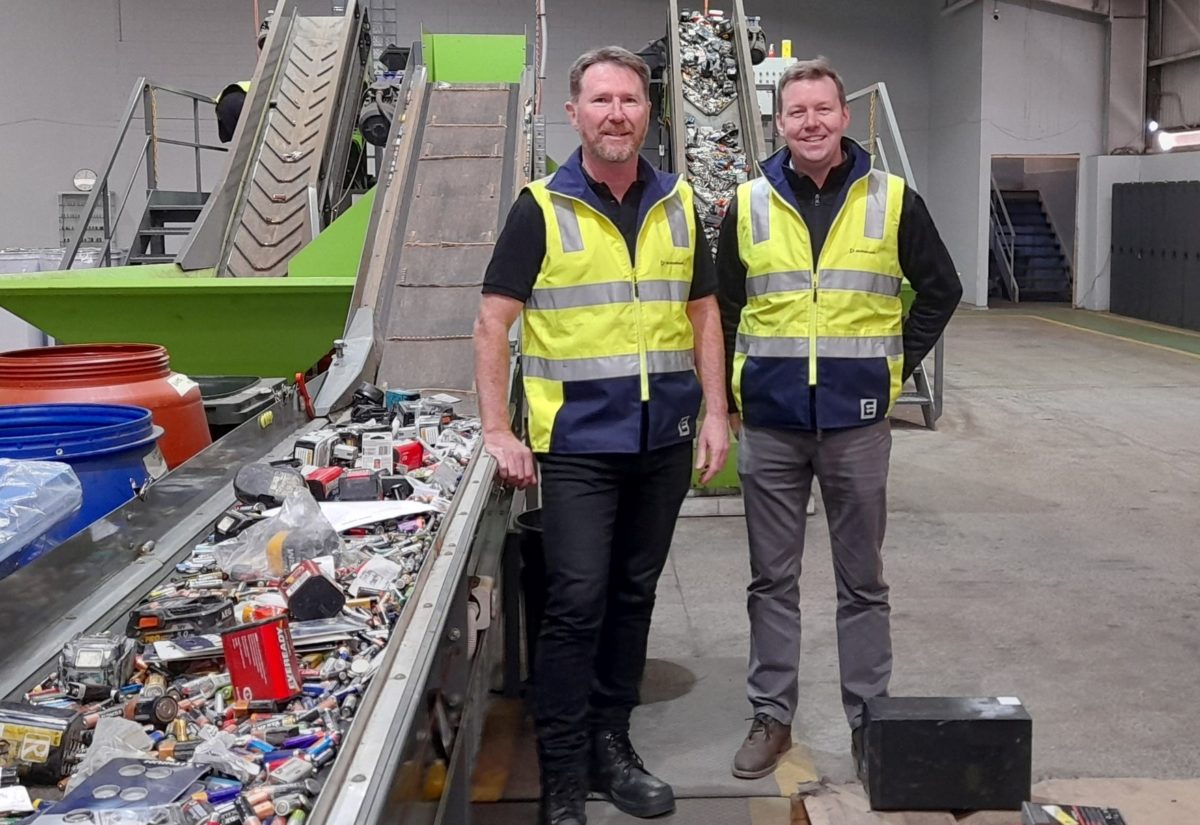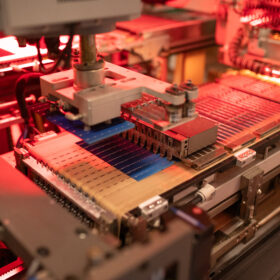ASX-listed Lithium Australia has announced its battery recycling unit has expanded its existing partnership with LG Energy Solution (LGES) to recycle a minimum of 250 tonnes of lithium-ion batteries in the next 12 months, boosting its processing activities by an estimated 25% per annum.
Under the terms of the agreement, LGES will deliver spent lithium-ion batteries to Envirostream’s recycling facilities in the Melbourne suburb of Laverton for processing with the recovered materials to be repurposed into new energy storage solutions.
With supplies of critical battery minerals, including nickel, cobalt, manganese and particularly lithium, struggling to keep up with growing global demand, recycling of spent batteries allows for those metals to be reused.
Envirostream said its technology can recover more than 90% of the resources from end-of-life batteries. This includes steel, copper, aluminium and most significantly the critical battery metals which are amalgamated into a mixed metal dust (MMD). The company said the recovered MMD allows the active metals to be repurposed into new lithium-ion battery anode and cathode powders.
Envirostream general manager Andrew Mackenzie said the new agreement, which builds upon a deal signed in 2018 that allowed Envirostream to treat 85 tonnes of LGES-sourced batteries per annum, enables the company to receive additional LGES battery volumes and commence the recycling of these batteries with immediate effect.
“LG Energy shares our aspirations of an ethical and sustainable future for the global battery industry,” he said. “Making these batteries available to Envirostream for recycling demonstrates LG Energy’s commitment to our shared vision.”
The new agreement will cover an initial period that ends in August 2023. After that, the term would continue on a rolling six-month basis until terminated by either party.

lithium-ion battery into its core components.
Image: Envirostream
Envirostream said it expects the revamped deal with LGES will significantly increase its collection and processing volumes over the coming year.
“These LGES volumes are in addition to current collection volumes and represent nearly 25% of Envirostream’s total collections during FY2022,” the company said.
Envirostream collected a total of 1,086 tonnes of spent batteries during the 2022 financial year but that rate has ramped up since the end of the financial year.
In May this year the company collected 90 tonnes of spent lithium-ion batteries, a month later 94 tonnes and in July it added 100 tonnes of end-of-life batteries to its stockpile.
As well as the agreement with LGES, Envirostream said it has also inked deals with retailers Bunnings, Officeworks and Battery World which are expected to increase collection rates even further.
This content is protected by copyright and may not be reused. If you want to cooperate with us and would like to reuse some of our content, please contact: editors@pv-magazine.com.









By submitting this form you agree to pv magazine using your data for the purposes of publishing your comment.
Your personal data will only be disclosed or otherwise transmitted to third parties for the purposes of spam filtering or if this is necessary for technical maintenance of the website. Any other transfer to third parties will not take place unless this is justified on the basis of applicable data protection regulations or if pv magazine is legally obliged to do so.
You may revoke this consent at any time with effect for the future, in which case your personal data will be deleted immediately. Otherwise, your data will be deleted if pv magazine has processed your request or the purpose of data storage is fulfilled.
Further information on data privacy can be found in our Data Protection Policy.